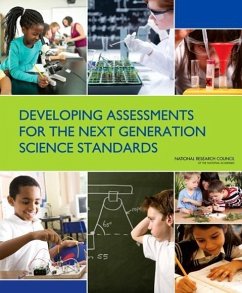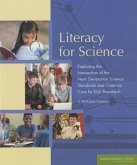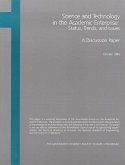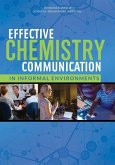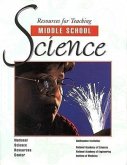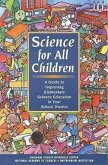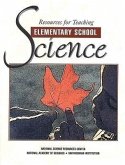"The new Framework and the NGSS are designed to guide educators in significantly altering the way K-12 science is taught. The Framework is aimed at making science education more closely resemble the way scientists actually work and think, and making instruction reflect research on learning that demonstrates the importance of building coherent understandings over time. It structures science education around three dimensions - the practices through which scientists and engineers do their work, the key crosscutting concepts that cut across disciplines, and the core ideas of the disciplines - and argues that they should be interwoven in every aspect of science education, building in sophistication as students progress through grades K-12. Developing Assessments for the Next Generation Science Standards recommends strategies for developing assessments that yield valid measures of student proficiency in science as described in the new Framework. This report reviews recent and current work in science assessment to determine which aspects of the Framework's vision can be assessed with available techniques and what additional research and development will be needed to support an assessment system that fully meets that vision. The report offers a systems approach to science assessment, in which a range of assessment strategies are designed to answer different kinds of questions with appropriate degrees of specificity and provide results that complement one another. Developing Assessments for the Next Generation Science Standards makes the case that a science assessment system that meets the Framework's vision should consist of assessments designed to support classroom instruction, assessments designed to monitor science learning on a broader scale, and indicators designed to track opportunity to learn. New standards for science education make clear that new modes of assessment designed to measure the integrated learning they promote are essential. The recommendations of this report will be key to making sure that the dramatic changes in curriculum and instruction signaled by Framework and the NGSS reduce inequities in science education and raise the level of science education for all students."--

